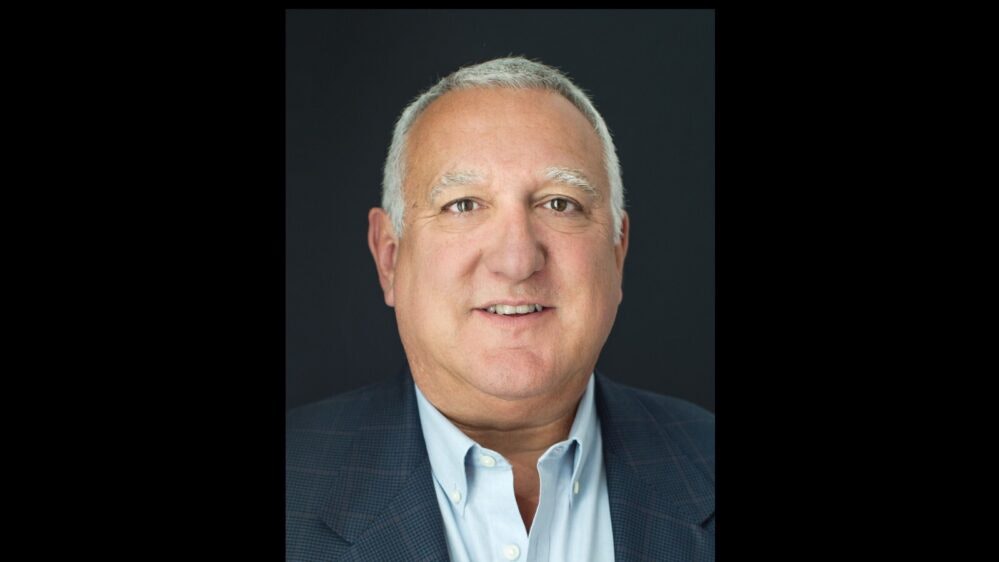One of the problematic aspects of drafting public policy almost always becomes how it functions in the real world.
Well-intentioned ideas are applied to public issues, documents and directives drafted and distributed, and the authors and sponsors pat themselves on the back for a “job well done”. And then it all hits the street.
I’ve dealt with this at all levels in some form or fashion since I first took an oath of public office in June of 1986.
It almost always follows a pattern. We don’t like something that happens so we ban or otherwise attempt to regulate it. We tell people that it’s now banned or regulated.
And then we’re shocked when somewhere down the road we discover that it didn’t work. So we try to ban or regulate it harder. Repeat.
Firearms “Background Checks”
During the last Democratic presidential primary runs, Michael Bloomberg was recorded saying that we should prevent people with psychological issues, criminal backgrounds, or the underage from purchasing firearms, further insinuating that those types of people were freely bypassing established background checks by making their purchases over the internet or at gun shows. Therefore, we need to background check harder.
But have we really… REALLY considered the sources of information that would – by necessity – “feed” the background check system and prevent purchases by those with:
- Psychological Issues;
- Criminal backgrounds; and
- Age disqualifiers, in order for those background checks to be effective in the first place?
Now really, since a photo ID, typically a state driver’s license, is a requirement for any basic firearms purchase, #3 is a point-of-sale issue. The photo looks like you (yes or no), your recorded birthdate makes you (eligible/ineligible — 18 for a long gun, 21 for a handgun) to make the purchase. Simple screening.
Criminal history is a little more challenging, as it’s pretty well-established that the various reporting databases at state, federal, and other agency levels don’t talk to each other.
How does someone convicted in the Air Force of a crime of domestic violence pass a background check?
How does a person convicted of assault as a juvenile then pass a background check as an adult?
And with all the discussion of reinstating other rights, are we really just talking about VIOLENT criminal history?
Are we willing to make the leap that juvenile records ARE permanent and there is no redemption or rehabilitation?
And then the tough one.
I’m going to suggest that we all know someone who’s seen a mental health professional at some point.
Decades ago, some people would have been classified as “criminally insane” and locked away in some dark, evil institution.
But our modern society has moved beyond that. We endeavor not to “stigmatize” those who may just be “going through a rough stretch” but are seeking help.
What about those who aren’t seeking help at all and whose families didn’t report them under a “red flag” law for fear of what that could do to them?
What about those who are seeking help but clearly have something deeper, darker going on in their brains? Whose call is that to make? And what kind of liability should they have?
And then what database is in place for whomever we may formerly have classified as “criminally insane”, or may only be a temporary threat to others be recorded?
And if such a database exists, where is it feeding the firearms background check system in order to fulfill that aspect of exclusion?
Is our national will in such a state that we’ll sacrifice “stigma” in order to disqualify those with certain psychological diagnoses?
That we recognize maybe those dark, evil institutions did serve at least that purpose way back when and we need their database equivalent today?
None of the gunowners I know have conceptual issues with background checks. We don’t want those kinds of people owning firearms either, in spite of most of us being portrayed otherwise.
But we want those checks to work, and we know better than anyone where our current background check system is failing.
There truly are some hard discussions that need to happen. But sure, let’s all feel good by expanding something that is already proving not to work.
Databases are only as good as the data entered into them. Databasing harder won’t help when the supporting information itself is absent, incomplete, or inaccurate.
My coffee mug is now empty. I think spring may finally be here, or at least peeking around the corner? Get outdoors today!
Col. Brian Harmsen (Retired) has appreciated and enjoyed our Wyoming outdoors as a resident of more than 40 years. He is originally from Sundance but has also lived in Laramie and Cheyenne.





